Rashad Al Gaashani, Hamad Bin Khalifa University, Qatar
In this work, we prepared cellulose-derived biochar embedded with iron oxide (Fe2O3 and Fe3O4) nanoparticles and zinc oxide (ZnO) nanorods (hedgehog, or pall with nanoneedle-assembled shell shape) using a novel one-step pyrolytic method under nitrogen flow for the removal of emer [....] » Read More

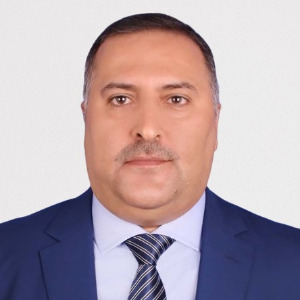
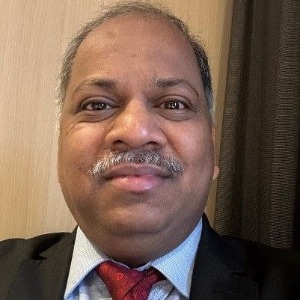
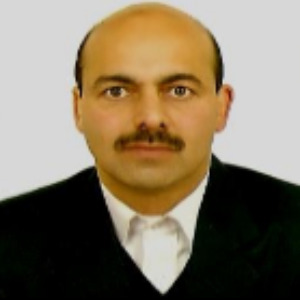
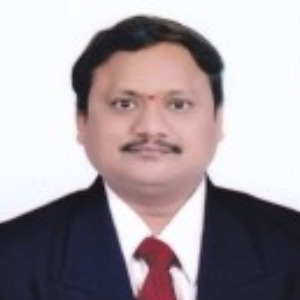
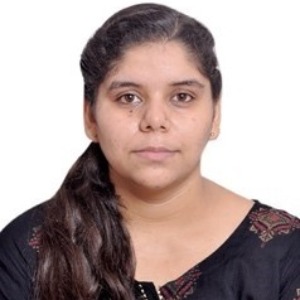
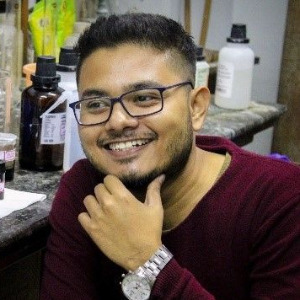
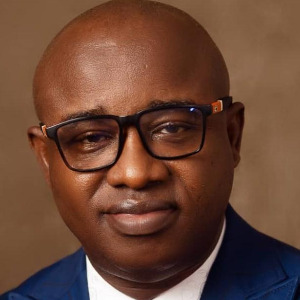
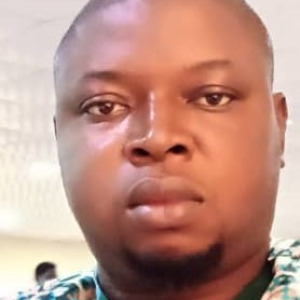

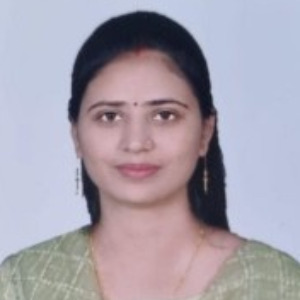




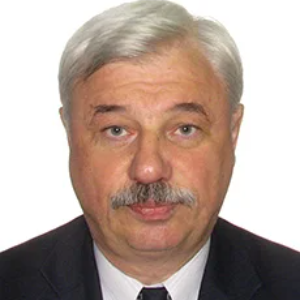


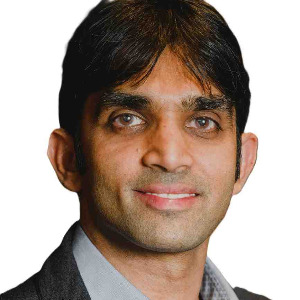
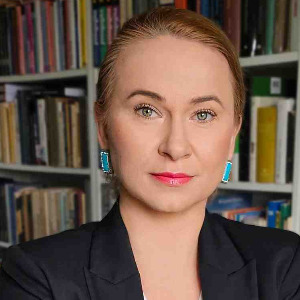
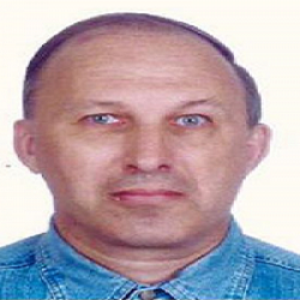
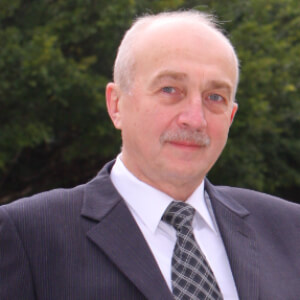
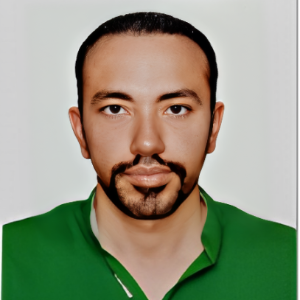
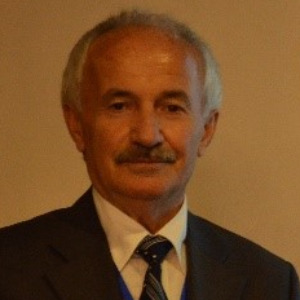

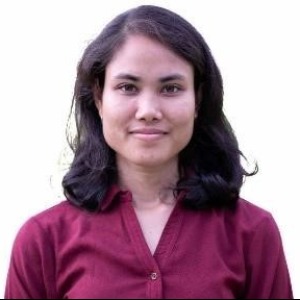
![Electrical and infrared spectroscopy analysis of BiBaFeO3 doped nanocomposite gel polymer electrolytes [PVA:NH4CH3COO] system Lovely Ranjta, Speaker at World Nanotechnology Conference](https://worldnanotechnologyconference.com/uploads/speakers/lovely-ranjta-9707.jpg)
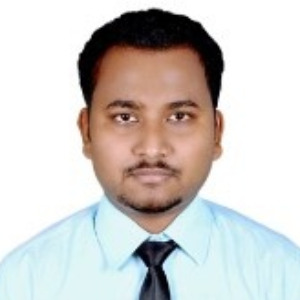
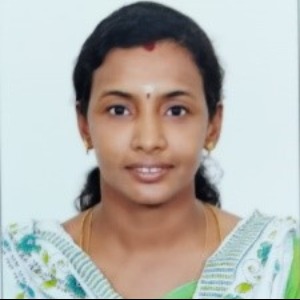
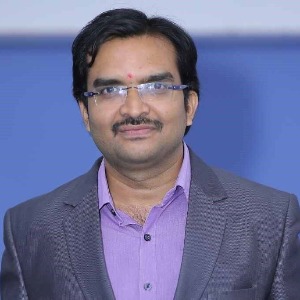
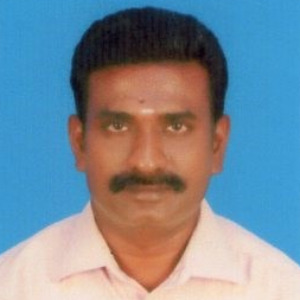
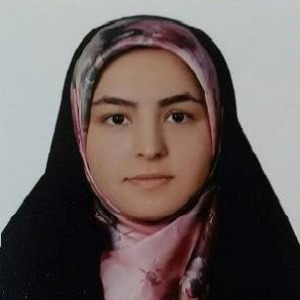





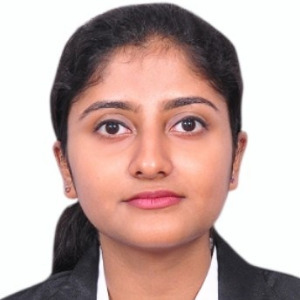
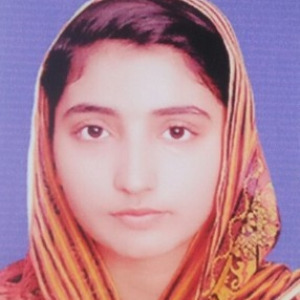
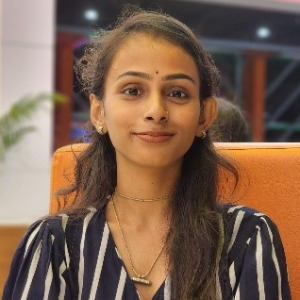


Title : 40,000 implants in humans and no failure: The impact of nanomedicine
Thomas J Webster, Hebei University of Technology, China
Nanomedicine is the use of nanomaterials to improve disease prevention, detection, and treatment which has resulted in hundreds of FDA approved medical products. While nanomedicine has been around for several decades, new technological advances are pushing its boundaries. For exa [....] » Read More
Title : Lipid nanoparticles formulations: From bench scale to industrial scale
Mohammad A Obeid, RAK Medical and Health Sciences University, United Arab Emirates
Lipid nanoparticles are self-assembling vesicles obtained by hydrating a mixture of non-lipids and cholesterol and are suitable as carriers of drugs and biopharmaceuticals. It is desirable to be able to accurately control size and polydispersity of the vesicles as this can impact [....] » Read More
Title : Hybrid activated carbon/rGO/nanoTiO2 electrodes with enhanced structural stability: Toward advanced electrochemical applications
Carlos Gamarra Guere, Universidad Nacional de Ingeniería, Peru
The design of hybrid electrodes integrating carbon-based materials and metal oxides remains a critical challenge for next-generation electrochemical technologies [1]. Here, we report the synthesis and structural characterization of hybrid electrodes composed of activated carbon ( [....] » Read More
Title : Biosurfactant conjugated and functionalized silver nanoparticles with enhanced antimicrobial and antibiofilm efficacy: A mechanistic approach
Rajib Majumder, Adamas University & CSIR-IICB, India
Background Green synthesis has gained significant attention as a sustainable and environmentally friendly approach for the fabrication of metal oxide nanoparticles. However, a major limitation of plant-mediated synthesis of silver nanoparticles (AgNPs) is the requirement for add [....] » Read More
Title : MAC layer protocols for in-vivo wireless nanosensor networks using terahertz signals: A survey
Alemtsehay Gebreanania Gebru, SRM University AP, India
Terahertz-based in-vivo Wireless NanoSensor Networks (i-WNSNs) represent a groundbreaking communication paradigm for non-invasive medical diagnostics and therapeutics. These networks rely on wireless links to enable cooperation among nanosensor nodes, connecting multiple nanodevi [....] » Read More
Title : Stimuli-responsive polymeric nanocarriers for targeted, controlled drug release and enhanced antitumor efficacy
Shalini Dyagala, Birla Institute of Technology & Science (BITS) Pilani, Hyderabad, India
A photo-triggered and pH-responsive cancer drug delivery system based on polymeric micelles was formulated, utilizing easily available and cost-effective materials such as an amphiphilic diblock copolymer (mPEG-PLA) and a Spiropyran derivative. It addressed the major challenges i [....] » Read More
Title : Simulation of crack propagation in aluminum graphene composite through XFEM analysis
Abhipsa Kar, Indian Institute of Technology (ISM), Dhanbad, India
Graphene is a two-dimensional material made up of carbon atoms. It has a honeycomb-like structure and high strength, along with flexibility. Studies show that the addition of graphene causes an increase in the mechanical properties of aluminum, such as tensile strength, elastic m [....] » Read More
Title : Enhanced field emission in neodymium sulfide–decorated vertically aligned multiwall carbon nanotube (MWCNT@NdS) through interfacial coupling heterostructures
Anima Mahajan, Indian Institute of Technology, Delhi, India
Field emission (FE) materials with low turn-on fields, high current densities, and long-term stability are essential for advancing vacuum microelectronics, high-resolution displays, and X- ray sources. Carbon nanotubes (CNTs) are widely studied due to their high aspect ratio and [....] » Read More
Title : Effects of Au@Ag core-shell nanostructure with alginate coating on male reproductive system in mice
Mehdi Mehdizadeh, Iran University of Medical Sciences, Iran (Islamic Republic of)
Despite the widespread use of silver nanoparticles (NPs), these NPs can accumulate and have toxic effects on various organs. However, the effects of silver nanostructures (Ag-NS) with alginate coating on the male reproductive system have not been studied. Therefore, this study ai [....] » Read More
Title : Iron oxide nanoparticles: Green synthesis, characterization, and study of its antimicrobial, antioxidant activity
Surendra K Gautam, Tribhuvan University, Nepal
Magnesium oxide nanoparticles (MgO NPs) are less toxic to humans and the environment as compared to other metal oxide nanoparticles. Various conventional chemical and physical methods are used for synthesis whose toxicity level is high and highly expensive. As a best alternative [....] » Read More
Title : Self organized bismuth oxide nanofibre layer as an efficient photocatalyst
Ibrahim Yakubu Ogirima, Confluence University of Science and Technology Osara, Nigeria
Metal oxide-based electro catalysts are promising alternatives to other conventional materials used for waste water splitting due to their low cost, abundant raw materials, and impressive stability. In the present work we demonstrated that BixOx-1 nanofiber layers and some electr [....] » Read More
Title : Additive manufacturing of molecular-level-engineered SiCN ceramic modified with carbon nanomaterials /transition metal carbides towards next-generation electromagnetic metamaterials
Xingmin, University of Padova, Italy
Ceramic-based high-temperature electromagnetic absorption materials (EMAMs) is playing an increasingly important role in combating the EM pollution. However, ceramic-based EMAMs always suffer from unsatisfactory EM performance limited by the material characteristic as well as the [....] » Read More
Title : Noval transdermal nanoemulgel of oxaprozin with apricot kernel oil: A promising approach for osteoarthritis management
Ahsan Ali, Jamia Hamdard University, India
Osteoarthritis (OA) is one of the most common forms of degenerative joint disease and a major cause of pain and disability affecting the aging population. It is estimated that more than 20 million Americans and 35 to 40 million Europeans suffer from OA. Analgesics and non-steroid [....] » Read More
Title : Effect of surface texture on self organization of titania nanotubes
Hrishikesh Jadhav, Indian Institute of Technology Bombay, India
The ordered development of TiO2 nanotubes has been of special interest in various biomedical applications such as their usage in drug delivery systems, anti-microbial medicines, and enhancing osseointegration in implants [1–4]. Previous works have also explored the effect o [....] » Read More
Title : Optimization of functional groups in CAU-10(Al) for enhanced acetylene (C₂H₂) storage and effective C₂H₂/CO₂ separation
Salimov Maftun Gayrat Ugli, KRICT, Korea, Democratic People's Republic of
The adsorptive separation of acetylene (C2H2) from C2H2/CO2 mixtures has emerged as a promising alternative to cryogenic distillation, enabling the production of high-purity C2H2 via safer and more energy-efficient processes. Aluminum-based metal-organic frameworks (MOFs), includ [....] » Read More